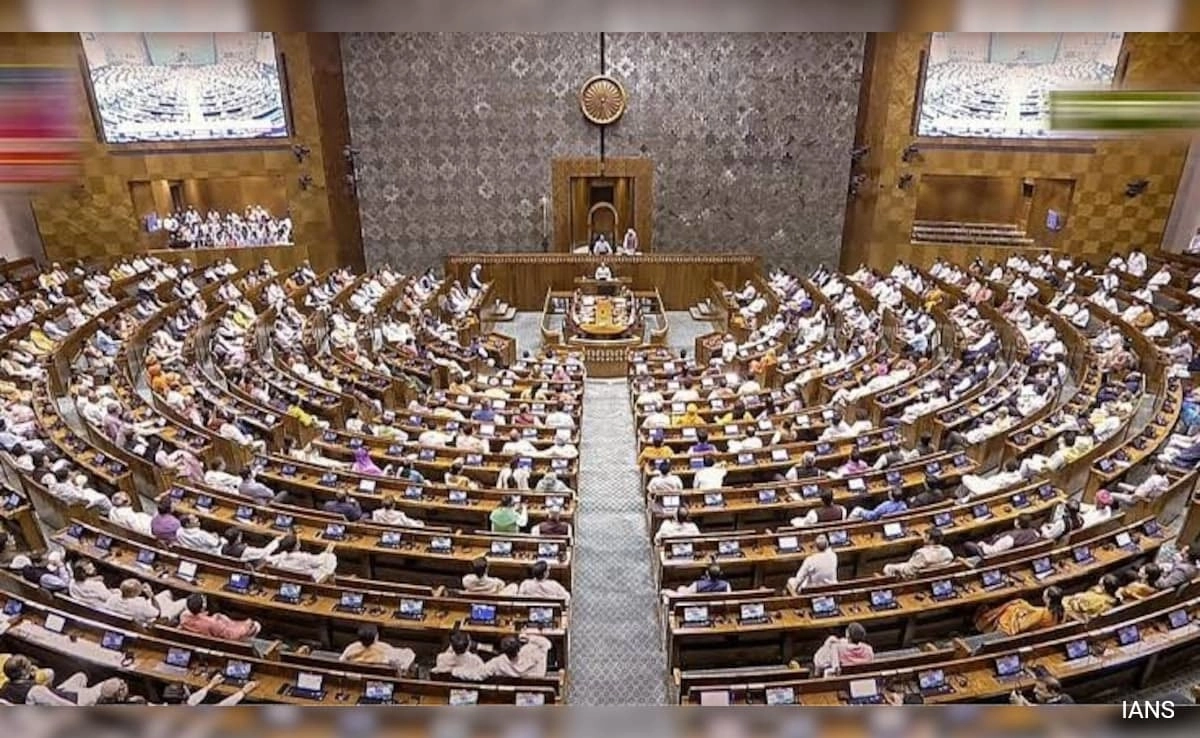The Indian government has introduced a bill in the Lok Sabha aimed at amending the existing insolvency law, a move that reflects its ongoing efforts to enhance the efficiency and effectiveness of the insolvency resolution process in the country. This proposed legislation is designed to address several critical issues that have emerged since the implementation of the Insolvency and Bankruptcy Code (IBC) in 2016. By fine-tuning various provisions, the government hopes to streamline procedures, reduce delays, and ultimately safeguard the interests of creditors and stakeholders involved in insolvency proceedings.
One of the key objectives of the bill is to strengthen the framework surrounding the resolution of stressed assets, which has become increasingly significant given the economic challenges faced by many sectors. The amendments aim to clarify certain provisions that have previously led to confusion and litigation, thereby creating a more predictable environment for both corporate debtors and creditors. Furthermore, the introduction of this bill is expected to enhance the transparency of the insolvency process, ensuring that all parties have access to the necessary information to make informed decisions during the resolution process.
Additionally, the proposed amendments include provisions to improve the governance of insolvency professionals, ensuring that they adhere to stringent standards of conduct and accountability. By enhancing the regulatory framework governing these professionals, the government aims to foster greater confidence among stakeholders in the insolvency system. The bill also seeks to address the challenges faced by small and medium enterprises (SMEs) in accessing the benefits of the IBC, thereby promoting a more inclusive approach to insolvency resolution.
In summary, the introduction of this bill marks a significant step towards refining India’s insolvency regime. By addressing existing gaps and enhancing the legal framework, the government is taking proactive measures to ensure that the insolvency process is not only more efficient but also equitable for all parties involved. The successful passage of this legislation could pave the way for a more resilient economic environment, encouraging investment and fostering entrepreneurial growth in the long run.




